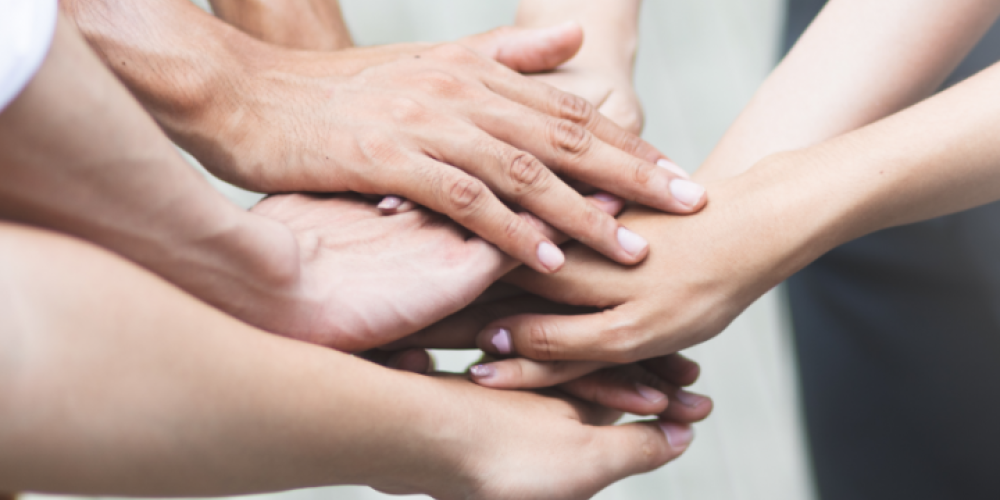
Brussels, 4 December 2019. Volunteers are crucial for managing major (sports) events such as the Olympic Games. To attract candidate volunteers, host cities promise them an unforgettable experience that will change their lives. But is that really the case? The doctoral research that Dr Yan Wang carried out at VUB, under the supervision of promoters Prof Inge Derom and Prof Marc Theeboom, shows that working as a volunteer does indeed have a long-term positive impact on young people, who derive professional and social benefits from it. “We have noticed that volunteers acquired new skills, acquired knowledge and made social contacts that are useful in their later lives”, says Dr Wang.
Inspired by her own experience as a volunteer at the 2008 Olympic and Paralympic Games in Beijing, Dr Wang interviewed 385 volunteers from Beijing and the Olympic Youth Games in Singapore in 2010 and Nanjing in 2014, to assess the impact of volunteering in the long term. She used a combination of qualitative and quantitative methods, including semi-structured interviews, online surveys, focus groups and document analysis.
The results show that those who volunteered are more employable and developed stronger social skills. In addition, volunteers who were active at the Games are more likely to volunteer again afterwards. Finally, working at the Olympic Games also provides lasting memories and continued interest in the Games and the Olympic idea. “Volunteering is a good and efficient way to create a positive impact at individual and local level through a major event such as the Games, even long after it has ended”, Dr Wang says.
Promotor Prof. Inge Derom adds: “When young people make the decision to continue doing voluntary work in the future, they always make a trade-off between costs and benefits. Rationally, the benefits should outweigh the costs. But from this research, it becomes clear that when young people gain these benefits in the context of the Olympic Games, they later place less importance on the benefits of future volunteer work. This means that it is not just a rational decision to continue volunteering. This is important to know for organisations that want to attract volunteers.”
Dr Wang is a member of VUB’s Sport & Society research group, which conducts independent research into the impact of sport, both recreational and top-level, on society, and policy-making around sport. By disseminating research results and educational activities, the group contributes to the development of sports policy and practice. For this doctoral research, Dr Wang received a grant via the PhD Students Research Grant Programme 2018 of the International Olympic Committee and the Olympics Studies Center.